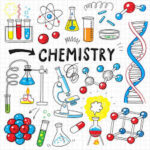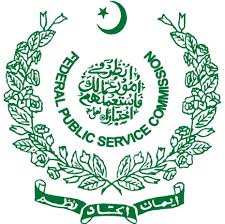Biology
Test Description:
Biology is the most heavily weighted subject in MDCAT.
Questions are conceptual, testing understanding of cellular biology, genetics, human physiology, reproduction, evolution, and more.
Requires in-depth knowledge and the ability to apply concepts to unfamiliar situations.
Solution Strategy:
Focus on textbook knowledge, especially from FSc or provincial boards.
Practice MCQs daily and review explanations.
Use diagrams and flowcharts for memorization.
Prioritize high-yield topics like cell cycle, immunity, and human systems.
Chemistry
Test Description:
Covers physical, inorganic, and organic chemistry.
Questions may involve numerical problems, reaction mechanisms, and conceptual understanding of chemical properties and structures.
Solution Strategy:
Understand the basic concepts, not just memorization.
Practice reaction pathways and stoichiometric calculations.
Revise periodic trends, chemical bonding, and acid-base concepts.
Solve past paper MCQs regularly.
Physics
Test Description:
Physics involves numerical problems and conceptual analysis.
Topics include mechanics, electricity, thermodynamics, optics, and waves.
Solution Strategy:
Practice formula-based problem-solving.
Strengthen conceptual knowledge to handle tricky application-based questions.
Use unit analysis and approximation techniques for quick solving.
Focus on high-scoring chapters like kinematics, current electricity, and optics.
English
Test Description:
Tests grammar, vocabulary, comprehension, and sentence structure.
Includes synonyms/antonyms, prepositions, error detection, and reading passages.
Solution Strategy:
Improve vocabulary using word lists from the MDCAT syllabus.
Practice grammar rules (especially subject-verb agreement, tenses, and parts of speech).
Read short passages and practice MCQs on comprehension and sentence correction.














